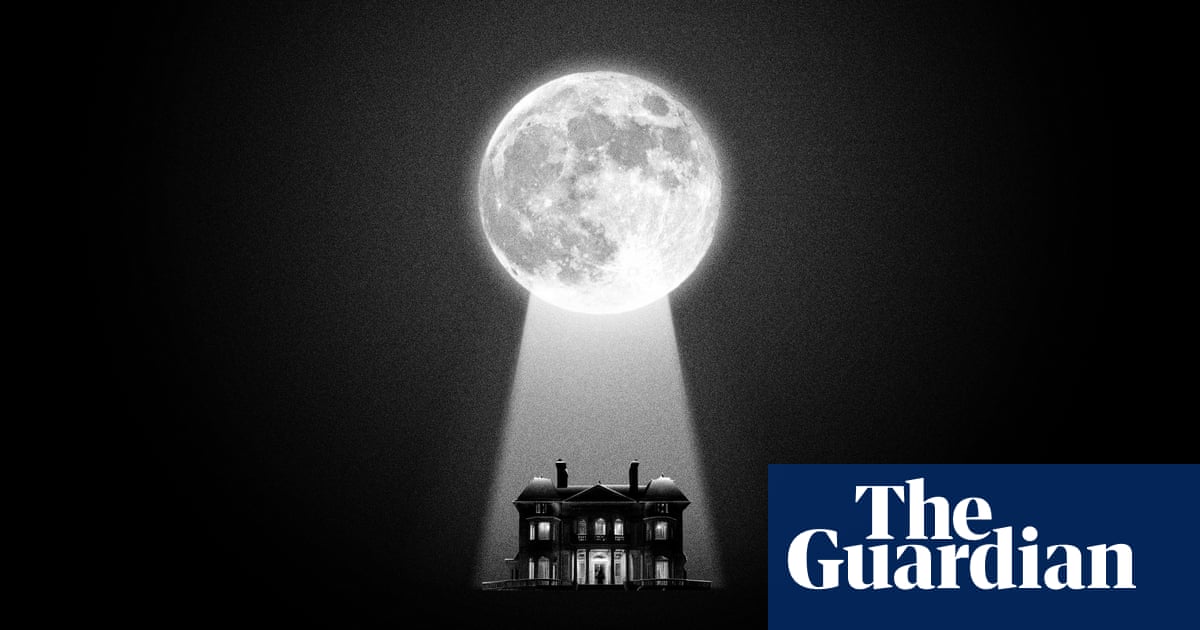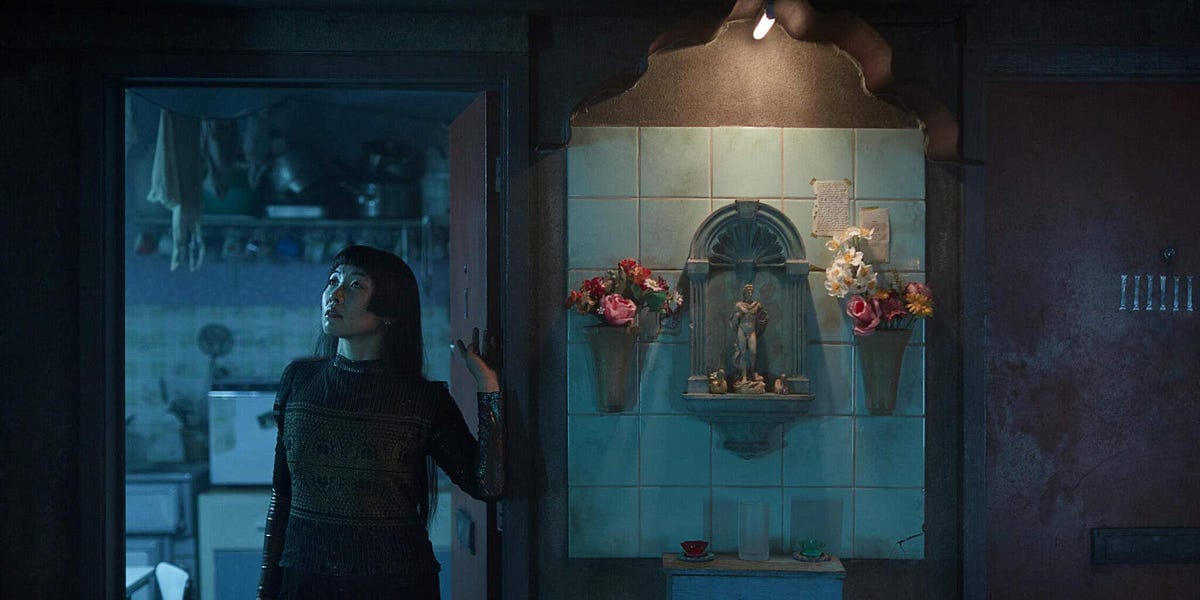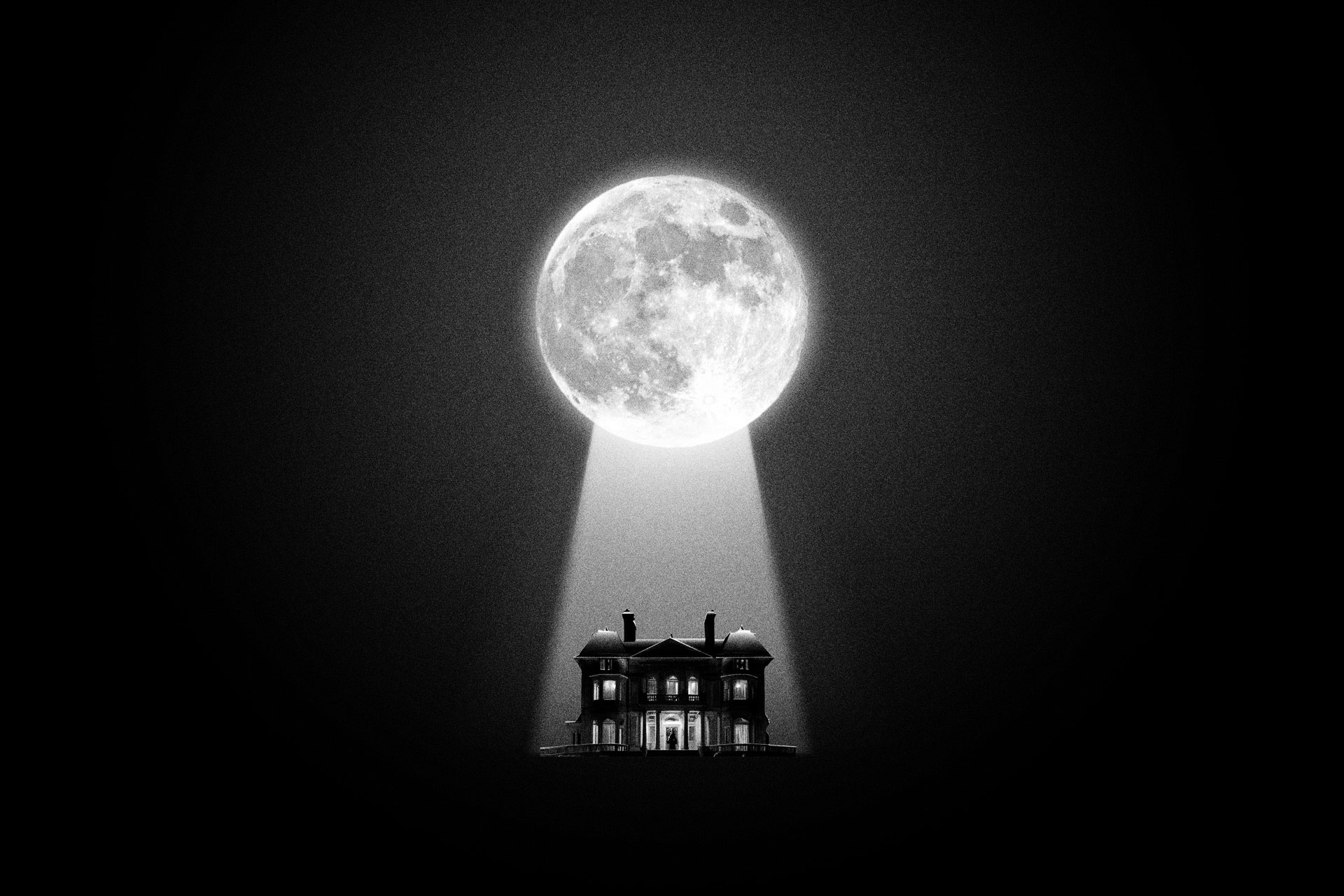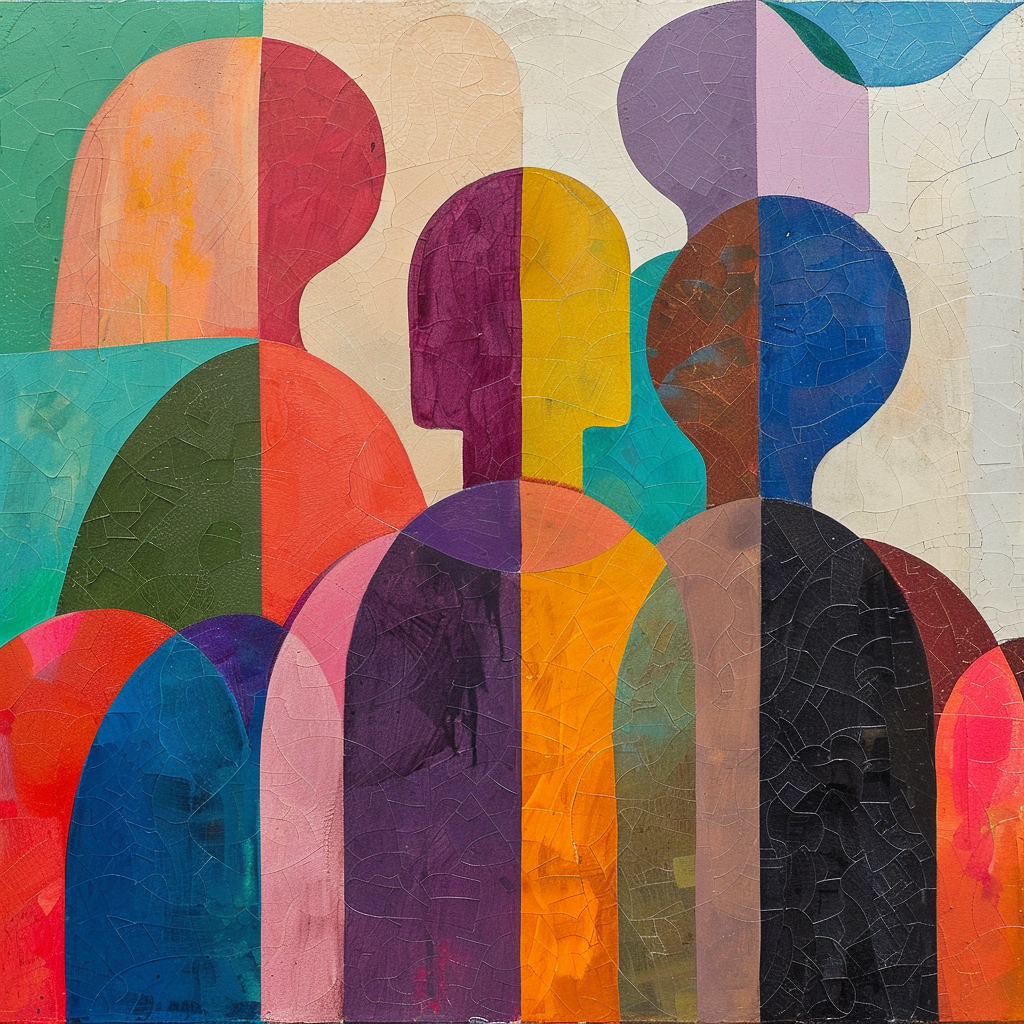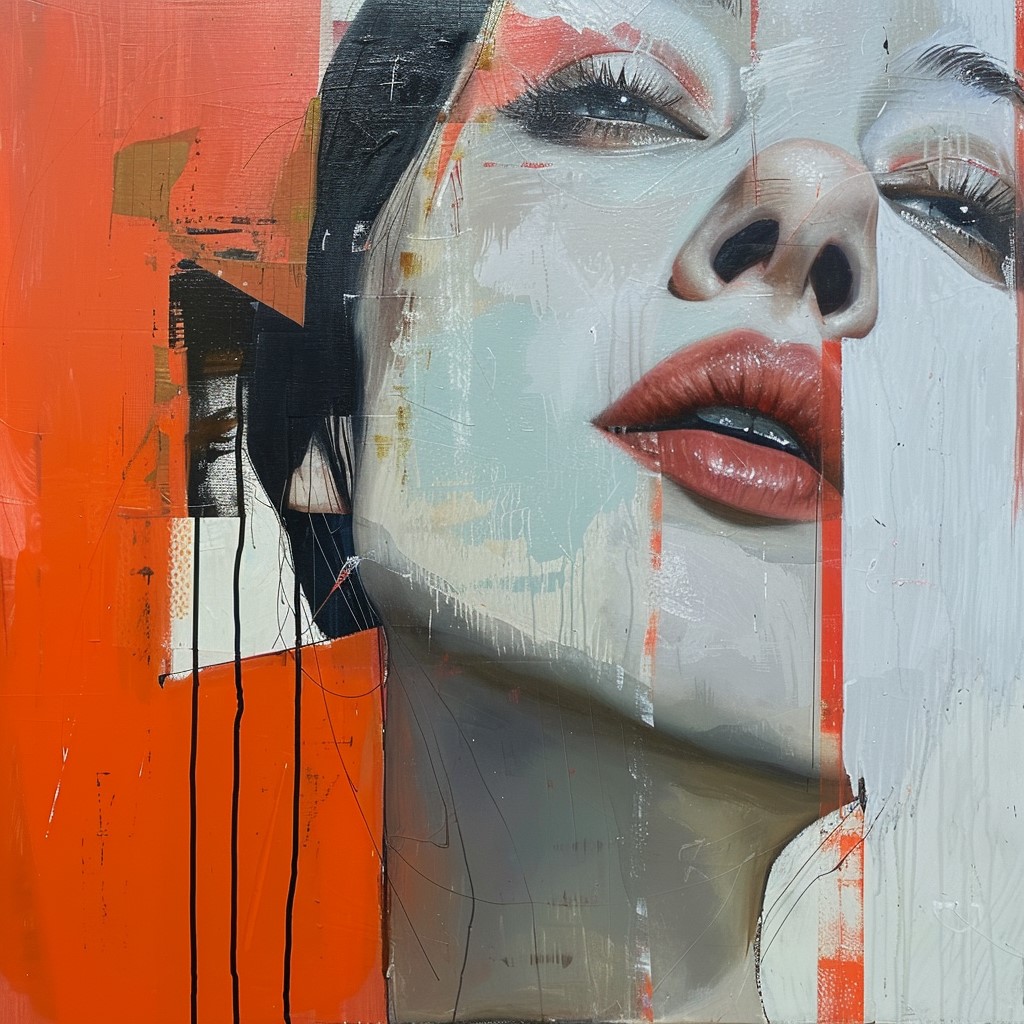Discovering the new world of VIOLAS ROOM, their latest show in London.
It was back in 2007 in London when I felt like Alice falling into a rabbit hole and found myself stepping into another world. But unlike Alice’s Wonderland, I stumbled into Punchdrunk’s immersive theater, the Masque of the Red Death by Edgar Allan Poe. It was such a groundbreaking experience that I kept on telling all my friends about it—the one thing they could not miss. So let me try to tell you about it.
As we were taking a taxi to South London, we found ourselves outside a derelict building. The sheer size of the dark building already had a haunted feeling. After a brief introduction upon entry (instructions: no speaking, no phone, and wear your mask at all times), I was given a long velvet cape and Venetian mask and set off to roam freely around. I found myself lost from the group of friends I arrived with and drawn into a vast manor house with close to 50 rooms. Decorated from tiny shoeboxes in the attic to creepy damp spaces in the basement, staircases, corridors, and large halls. Each room unfolded like a chapter, rich in detail and seemingly full of secrets. All visitors were in long black capes, their faces obscured by ornate and terrifying masks, twirling to the tortured melody of a violin. The masks gave the audience anonymity and made it difficult to observe, but they also created uneasiness. The air crackled with tension. The beauty of it all, the exhilarating blurring of lines between reality and performance, had me both excited, scared, and grinning like crazy at times. Actors wandered through, playing often scriptless and silent parts in Poe’s stories, which are difficult to decipher. Nothing was off limits. Some rooms remained empty, while others were frantic with action. The central marble staircase is the epicenter of most of the disparate action. Around it, a pharmacy, an opium den, a puppet maker’s studio, grand dining rooms, and messy bedrooms are all meticulously presented in old-world Bohemian style. Imagine a film set by Peter Greenaway or David Lynch over 200 years ago. As I continued to wander around, I could only imagine how much money and time it must have taken to create this unique world (Punchdrunk works with architects, among others).
The ‘performance’ that best describes the show was partially diffuse, without a straightforward narrative. Empty corridors draped in curtains illuminated only by candles made me feel uneasy. Still, my curiosity was more significant, so I peeped into every imaginable corner of every room, from the attic to the cellar. This was nothing for the faint-hearted or your average theater visitor who enjoys a Shakespearean play from the comfort of his plush velvet seat. I was sure some people were keen to get out of that place. The night, or perhaps the carefully crafted illusion, blurred on. I chased shadows down corridors and stumbled upon whispered conversations. The lines between the audience and participants dissolved. The ambiguity and the lack of a clear narrative path heightened the experience. We were all adrift in this spectral world, trying to piece together the story through fleeting glimpses, whispered anxieties, and the haunting echoes of the waltz. Room after room unfolded, but no one was in communication with each other. We all lost track of a trail or clear path. After following the various rooms throughout the building for about an hour and a half, it slightly felt like we were being held hostage – we couldn’t leave or find a way out. Finally, we were ushered by actors towards a big door where the “grand finale” opened with a big “curtain fall” to a flamboyant macabre masquerade ball in full swing. Finally, we could remove our masks, chat, drink, and dance.
In one particularly spellbinding moment, I recalled later; I found myself standing alone in a dimly lit library, the smell of old books mingling with the distant sound of a piano. It was there, in this quiet solitude, that the genius of Punchdrunk’s vision truly resonated. They have created not just a play but a world—a place where every detail, every sensory experience is meticulously crafted to immerse you wholly in the narrative. I left utterly thrilled that something like that exists – a fantasy, a dreamland, a feverish nightmare, and a walk through time and space. I wasn’t just a passive observer. I was thrown head over heels into a narrative as a willing (or perhaps slightly bewildered) participant in a grand, unspoken performance. The night dissolved into a dreamlike haze. Emerging back onto the London streets felt like waking from a fever dream. Singularly the most exciting theater experience I ever had.
Punchdrunk, the theater production company behind it, needs some explanation. They don’t do things light-heartedly. Its founders, Felix Barrett, and his collaborators back in 2000, dreamt of a theater that wasn’t confined to a stage but bled into the fabric of the performance space. Inspired by historical re-enactments and childhood games of make-believe, they envisioned a world where audiences weren’t just watching a story unfold but living it, breathing it, and becoming the characters themselves. And so, Punchdrunk was born. Their success story lies in this innovative approach, and over the years, they have produced well over 20 plays, also presenting them in the US. The experience in any Punchdrunk play is like a portal to another reality, a testament to the power of storytelling. They remind us that the most captivating tales are often the ones we experience, not just observe. You might just find yourself waltzing with strangers in masks. After all, isn’t that what the best stories do? They leave us breathless, a little bit bewildered, and with an appreciation for the immersive power of a well-told tale.
Punchdrunk has been taking things in a new direction with their upcoming show, Viola’s Room. This new play departs from Punchdrunk’s famous mask shows, presenting a more linear, intimate experience devoid of a live cast. Billed as an “intimate, sensory, labyrinthine journey guided by light and sound,” this promises to be a unique experience for just six audience members at a time. This new production, written by Booker Prize-shortlisted Daisy Johnson, reimagines Pain’s 1901 gothic mystery “The Moon-Slave”, which tells the story of a princess drawn to an ancient maze who sells her soul to the moon in exchange for music. The tale is being retold as an ‘intimate, audio-driven adventure that promises to suffuse the dreams of those who dare to follow the light.’ In groups of up to six, audience members will be invited to remove their shoes, put on headphones, and feel their way through a maze-like installation guided by an unseen narrator. So, if you find yourself in London yearning for adventure, seek the latest show of Punchdrunk and take a deep plunge into the rabbit hole of this wonderworld.







